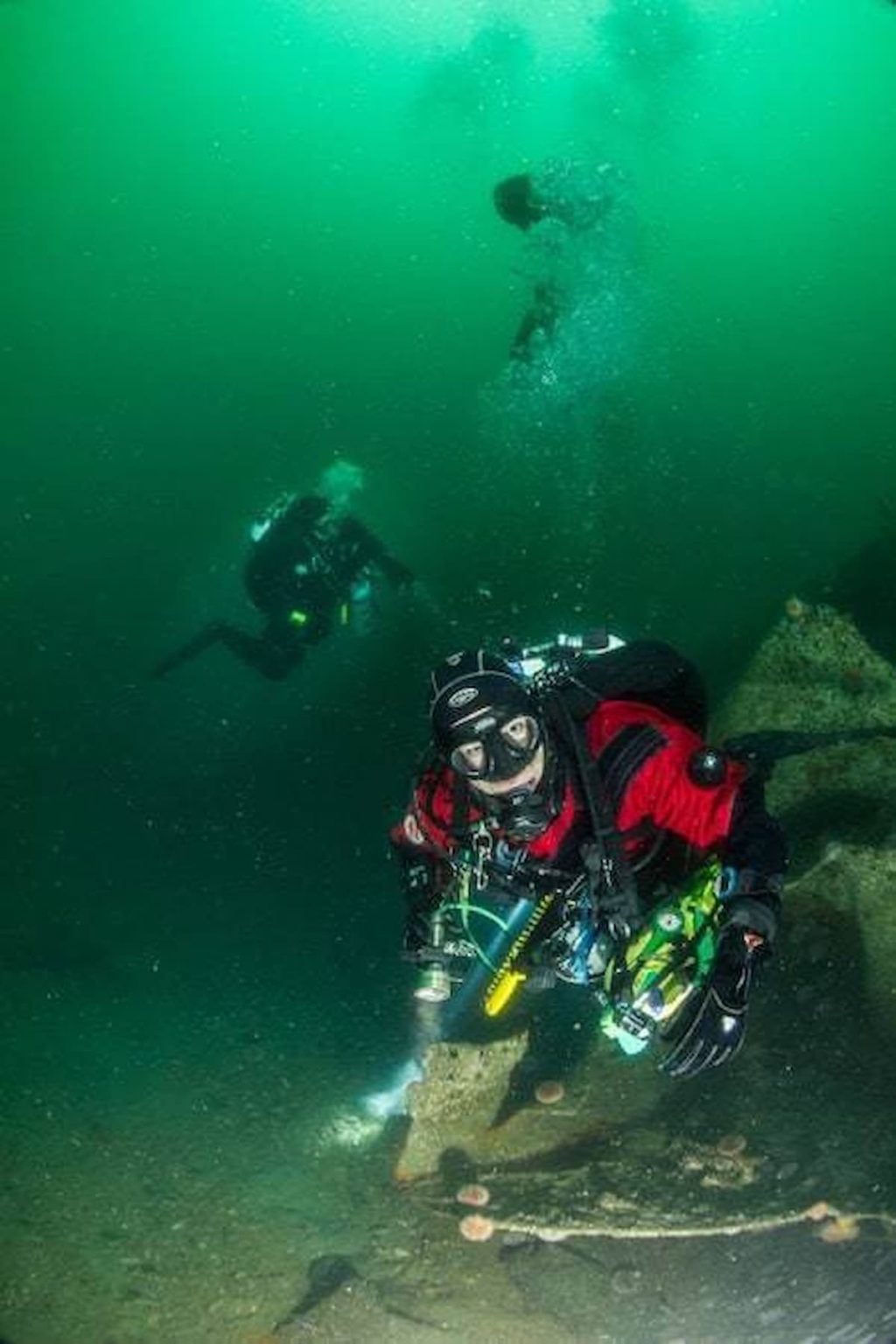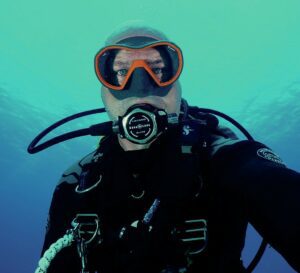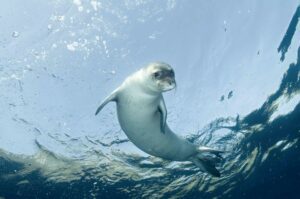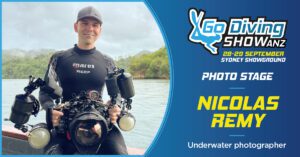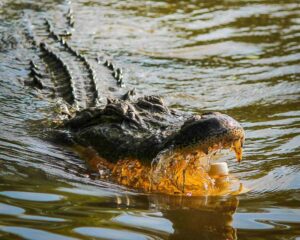Ghost Fishing UK have just completed their third annual dive in Scapa Flow, Orkney, recovering more than 30 pots and creels, 100kg of net and various other items of lost fishing gear from the site.
The project has been funded by World Animal Protection and the Fat Face Foundation who, as part of the Global Ghost Gear Initiative (GGGI), are working to address the issue on an international scale.
Known as ‘ghost gear’, lost and abandoned fishing equipment, including ropes, nets and pots, is a huge threat to the marine environment. Built of incredibly durable material, some ghost gear can take up to 600 years to break down into micro-plastics, and will continue catching and killing animals before they do so. The problem is vast, with an estimated 640,000 tonnes of ghost gear entering the ocean every year.
For the first time this year, Ghost Fishing UK was able to charter an additional vessel, MV Sunrise, to train new volunteers. Volunteers were invited from across the UK with the aim of creating units of trained divers across a variety of locations who can carry out underwater clean-up operations. This week, the volunteers have been trained to safely remove ghost gear, identify marine wildlife they find trapped in the gear, and document their work.
The second vessel was funded by the Fat Face Foundation, the charitable arm of international clothing brand Fat Face. Fat Face joined the GGGI this year and are lending their profile to raise awareness of the issue. They are doing this through the sales of swimwear made from recycled fishing nets, an innovative answer to the question of what happens to the ghost gear that is retrieved by groups like Ghost Fishing UK. The team on MV Halton focused on the deeper wrecks found in Scapa Flow. These ships lie up to 45m below the surface. Complex dives at these depths require advanced skills and teamwork to be conducted safely. The team are all trained in the use of mixed gases to reduce the effects of nitrogen narcosis and to lower the risk of decompression sickness.
Both teams were guided in their efforts by the ‘Big Scapa Clean-up’ project. This project has a website that collects data from amateur divers visiting Scapa Flow on the location and nature of the ghost gear on the dive sites. The data captured allowed the recovery to be highly focussed and efficient, important when a project has a limited timeframe.
The haul of ghost gear collected by Ghost Fishing UK during this week of diving in Scapa Flow has been stockpiled in Stromness, Orkney. It will be shipped to Denmark where project partner Plastix will transform the nets and lines into high-density plastic that can be used as a raw material for many different products.
“Ghost gear is one of the biggest threats to marine animals, killing more than 100,000 whales, dolphins, seals and turtles and countless more smaller animals,” said Chiara Vitali, manager of the Sea Change campaign at World Animal Protection. “Yet the issue is still largely under-researched and receives little attention.
“That’s why in 2015 we founded the Global Ghost Gear Initiative, to bring together industry, governments, charities, scientists and volunteers, to use their collective strength to fight this silent killer. We have been supporting Ghost Fishing UK since then, and are delighted that this year they have been able to bring new trainees along with them to expand their incredible team. It has been truly inspiring to accompany their dive team to observe their hard work to protect marine wildlife in Scapa Flow.”
“Using amateur divers to remove ghost fishing gear is a unique approach to the problem,” said Rich Walker, Chairman of Ghost Fishing UK. “Divers are the only group of people that are able to see what happens beneath the surface of our seas, yet the effects of ghost fishing gear affect marine animals, the fishing industry and ultimately society as a whole. If divers do not remove this ghost gear, then I’m worried that nobody else has the information or capabilities to remove it from the seas.”
Photographs: © Christine Grosart / Ghost Fishing UK and Felicity Flashman
